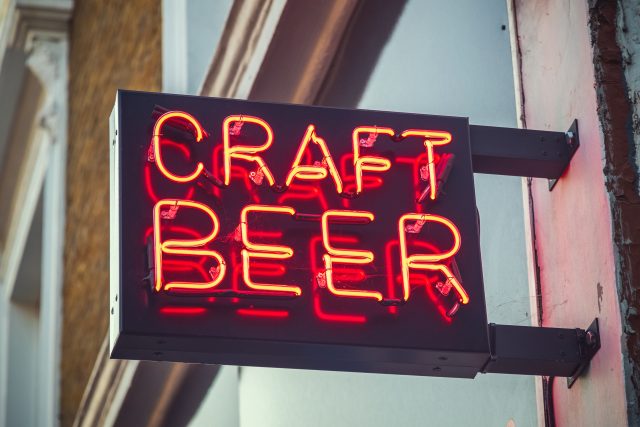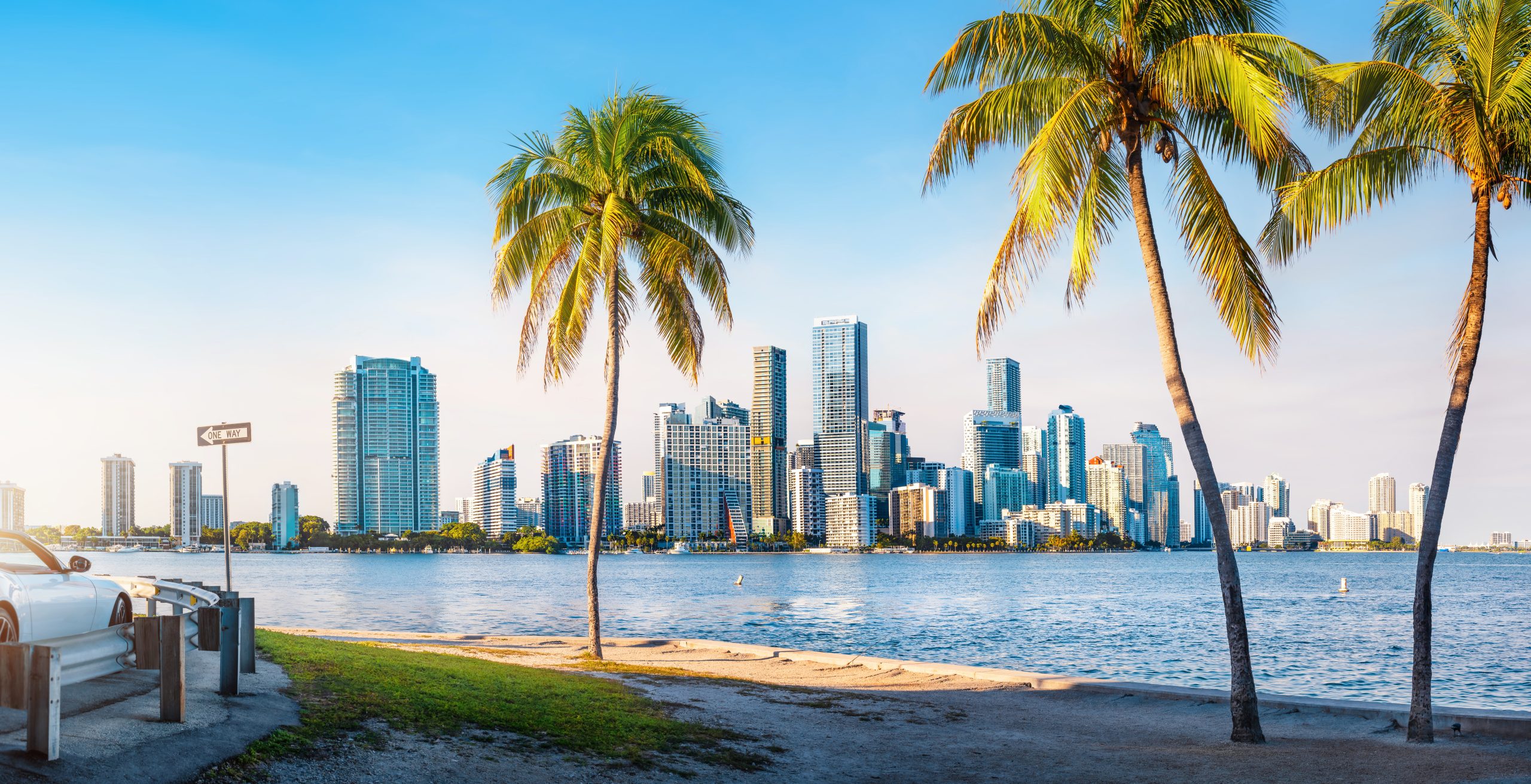Is the craft beer tide turning?
With multinational breweries exiting the craft market, the evidence suggests that this sector of the beer industry may be coming full circle.

Fortunes have been made from turning what often began as a hobby and turned into a passion becoming thriving international businesses.
For example, look at billionaire Jim Koch, who founded Boston Beer in 1984 and made a fortune from the iconic Samuel Adams brand. The company today is worth about US$4.4 billion.
Or BrewDog, founded in 2007 in Aberdeenshire by James Watt and Martin Dickie, which today produces more than 800,000 hectolitres a year, owns a multinational chain of pubs and claims to be “#1 Craft Brewer in Europe”. It is valued at about £2 billion, with the founders holding 46%.
But for every Boston Beer or BrewDog there are myriad brewing start-ups that have either been unable to turn their enthusiasm into a buoyant business or are surviving as modest enterprises serving an immediate locality.
Craft beers are made by independent breweries, who produce smaller amounts of beer than their multinational rivals but are generally perceived and marketed as having an emphasis on innovative new flavours and varied brewing techniques.
That market has grown consistently in the UK in recent years, but according to a recent study from international consultancy Mazars, it is facing a reversal.
Mazars found that 45 craft breweries in the UK went insolvent in the 12 months leading to the end of March 2023 – compared with just 15 in the previous year.
Basing its findings on Insolvency Services statistics, Mazars suggested that an “an oversaturated market” had been badly impacted by record rates of inflation – with drinkers left with less and less money to spend on ‘non-essential’ goods such as alcohol”.
Paul Maloney, an associate director at Mazars, told The Guardian that craft breweries had been struggling to keep afloat due to “rising prices” bringing their “financial challenges to a head.”
The rise in craft brewery start-ups “has led to a surplus of premium goods competing for limited space on supermarket shelves or in restaurants, at a time when many customers were looking for cheaper products anyway.”
Maloney added: “Craft brewers often offer ‘premium’ beers, but consumers are turning to cheaper options.”
The latest Heineken report confirmed that.
While it showed that in the UK more than a quarter of 18-24 year olds (29%) are drinking more craft beer than a year ago, overall demand in the category has slowed.
The suggestion is that in a search for value, drinkers are prioritising those brands they know rather than experimenting.
A similar picture is emerging in America. Last week the Brewers Association (BA), the trade body representing small and independent American craft brewers, published its midyear survey.
While it predicts some optimism about trading conditions later in the year as inflation in the US falls, the survey reveals a low single-digit decline of 2% in the market in the past six months.
Independent craft packaged sales were down 3% year-over-year but have improved since the first quarter of 2023 when they fell by 9%.
“Distributors and retailers have been reducing their focus on distributed craft and searching for growth in other pockets, but there are signs that the worst reductions may be in the past”, the association said.
Overall, craft brewers “continue to face economic headwinds on both business and consumer fronts”, it said.
From a business perspective, borrowing costs continue to rise, and while input cost increases have stabilised, they remain elevated over previous levels. Meanwhile, mounting evidence shows inflation eroding consumers’ buying capacity.”
Partner Content
So despite the problems facing UK producers, it is no surprise that US craft brewers are looking to Britain as a source of growth, as reported by the drinks business.
Anita Katial, agricultural counsellor at the US Embassy said last week: “The United Kingdom is one of the most important markets to the United States in terms of craft breweries, and craft beer exports.”
Speaking to db, DC Brau Brewing Company head brewer Alex Spencer revealed that US craft breweries want to see their beers breaking through to more UK food and drinks venues and piquing the interest of buyers.
“We want to see more of our beers in the UK. The more beers we have available in Britain, the better,” he said.
Exiting the craft market
But as the evidence grows that the public are turning (at least for the moment) against what are perceived as more costly craft beers in favour of mass-produced international brands, multinational brewers are exiting the craft market.
In July, San Francisco’s Anchor Brewery, often called the “grandfather of craft brewing”, closed after 127 years.
The Japanese owner, Sapporo, said the decision was the result of competition, inflation and declining sales.
Fans of the iconic “steam” beer alleged, however, that since Sapporo purchased Anchor in 2017 in an attempt to diversify and cash in on the craft movement, Sapporo had failed to understand the business and had mismanaged it.
AB InBev is selling a package of craft brands to Tilray for just US$85m, prompting one American commentator to write that “after double-digit growth [in craft beers] for most of the past decade, AB is getting out at the bottom of the market.”
It will retain 11 craft breweries but speculation is rife about how long AB will keep them in its portfolio.
Similarly, only a month ago, Constellation Brands, which has made a stellar success of its Mexican beer brands Modelo and Corona in the US, quietly sold (mostly back to their previous owners) its portfolio of craft brands, leaving its shareholders US$70m the poorer.
Molson Coors, however, is taking a more methodical approach to its craft offerings in its Tenth and Blake stable.
“Back in 2015 or 2016, the first question a lot of folks asked in the context of acquisitions was: ‘Can this brand scale nationally?’” says Jeff Agase, president of Tenth and Blake.
“What feels more reflective of this moment is ‘Could we make this work in a handful of states and really develop the pull for this brand at home and in the backyard for this brand?’”
Which suggests that we may see craft beer return to its origins – comparatively small scale production of innovative products focused on a local demand.
Related news
Wine and whisky measures fall short in undercover investigation
Russia boosts beer exports by 25%
Is it really about the beer? Why 0.0 is changing the pub experience




